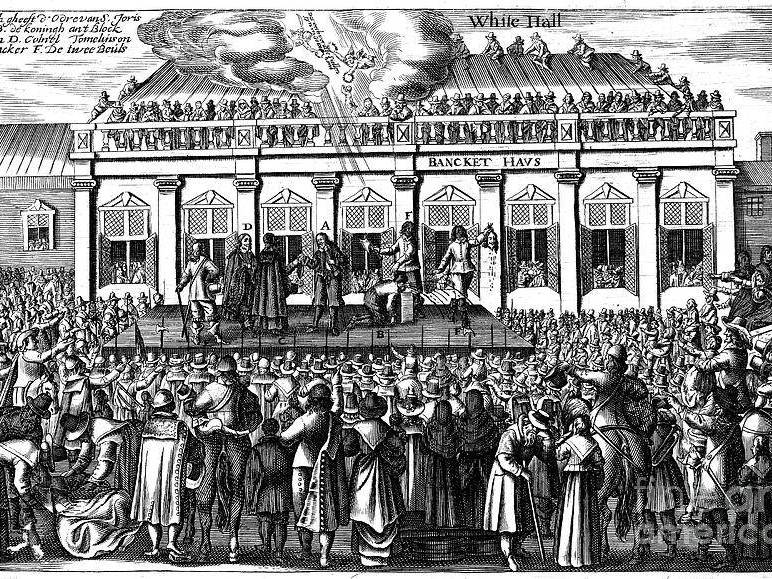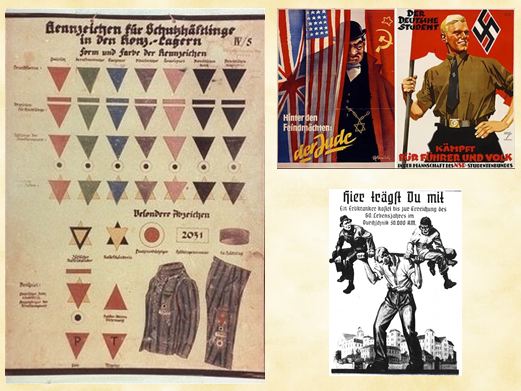
24Uploads
8k+Views
5k+Downloads
All resources

Were the English right to execute their King in 1649?
A Yr8 Civil War lesson on whether or not Parliament were right to execute Charles I in 1649. This is at least two lessons’ worth of material: in the first lesson, students categorise justifications for and against executing Charles, and then evaluate and analyse the reasons behind the decision.
The pupils then go on to create a newspaper article (“The Execution Special”) from either Parliament’s or the Royalists’ perspective about what happened, why and whether it’s good for England’s future.

How did Antisemitism escalate in Nazi Germany
A GCSE Lesson on how Antisemitism escalated between the years 1933-41 in Nazi Germany using the incredible diaries of Victor Klemperer to exemplify what happened.
Students start the lesson looking at different propaganda pieces targeting different minority groups, which leads to a discussion of why the Nazis persecuted specific minorities in the first place. Their focus is then directed specifically onto how Jews are increasingly persecuted throughout 1933-41.
Students then have to try to match up the diary extracts to the year they think they were from and theorise about the nature and progression of Antisemitism and persecution in Nazi Germany.
This is then finalised by creating their own chronology of Klemperer’s life, with lots of discussion along the way about what the extracts show us about persecution in Nazi Germany and what the key years and turning points are in the treatment of the Jews.

How do direct and representative democracy compare?
An activity and resource designed for A-level politics students that gets them comparing direct and representative democracy, along with their theoretical advantages and disadvantages - topped and tailed with some discussion activities revolving around the use of referendums and direct democracy - used for the Edexcel exam board.

The Gin Craze: A concerning continuity in British History?
A KS3 Yr8 lesson on the Gin Craze that fits in as a bit of light relief to a unit on the industrial revolution. The lesson is based around Hogarth’s Beer Street and Gin Lane cartoons, and could be extended to fully utilise the source information provided.




